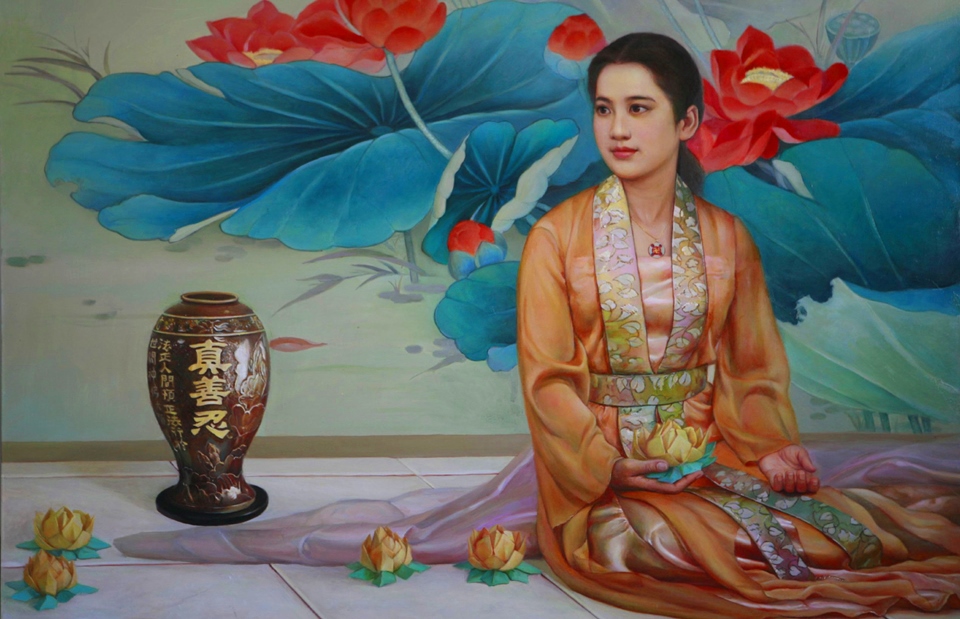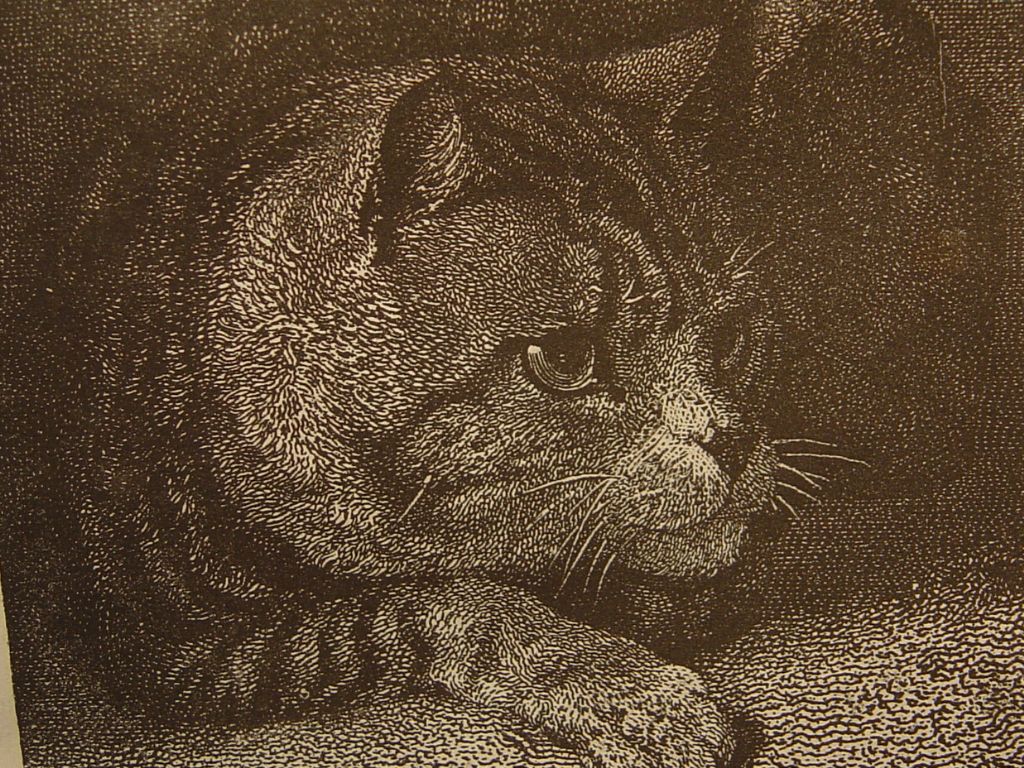I.
Anxiety and excitement, a strange mixture
Saturated me as I attempted to picture
Two days alone crossing China’s famous Silk Road
Aboard a train, the local transportation mode.
I envisioned Genghis Khan, the bold conqueror,
His hordes creating chaos, dismantling order,
The reverse of Marco Polo, who united east
And west, with a winding land route, restoring peace.
But most vivid in my mind’s eye are windswept faces
Of silk traders plodding across desolate places,
Their precious cargo wrapped in animal skin bundles
Accomplishing their enterprise with desert camels
Inching snail-like over unremitting sand dunes, thirsting
For an oasis to rise instantly from the earth.
The trading of silk wove distinct cultures together;
This coveted worm cocoon, this unlikely treasure.
II.
My eyes scan a sea of heads converging toward
A solitary turnstile. Panic mounts, (good Lord!)
As I suddenly grasp, that I too, must crunch my way,
With suitcase growing larger, I enter the fray.
At once, I wished I were sizes smaller, like a bird,
Could magically propel myself gracefully upward
Soar over angled eyes growing round with wonder,
And land effortlessly on the train station platform.
Instead my tour guide clings tightly to my blouse sleeve,
Tussled by the tide, nearly drowned, with no reprieve,
We’re expelled through the turnstile, past efficient armed guards,
Used to sorting the masses like dealing a deck of cards.
III.
My guide says goodbye as I get ready to board
In two days, she has introduced me to her world
Dynasties, fine arts, cuisine and celebrated sites
With rehearsed, cautious words, forced to stifle her rights.
But in the station waiting room, sentences unravel
Expressing a forbidden hunger before I travel
She whispers, “Is there really a God who loves me?”
Too famished to remain silent, wanting to believe.
En route, I met many other hushed disclosures,
Intimacies shared with a concerned foreigner,
A young woman sadly grieves, wanting more children
Desires a large family, mourns what could have been.
Another gave birth twice, endured threats and a fine
A second-born grateful that her mother crossed the line,
Hiding the obvious from prying officials’ eyes,
Moving from village to village, she wore a disguise.
Sympathy breaches any language barrier.
These experiences expressed to a near-stranger.
The women marvel at the novelty of meeting
Someone who has spent a lifetime speaking freely.
Donna Nelesen received a B.A. in English from the University of Oregon, with a primary focus on creative writing, especially poetry. After a long hiatus from writing which included teaching, overseas travel, computer graphics work, and studies in forensic science, she returned to my former passion. She lives in Phoenix, Arizona.
Featured Image: “After the Parade” by Xiqiang Dong. Description from Falunart.org: The woman’s gaze manifests outwardly an inner calm that has survived the day’s events. Her costume—a traditional Chinese garment most likely made specially for the occasion—and the paper lotus flower cupped in her hand suggest that she has partaken in one of Falun Gong’s many parades. Such parades seek to share with spectators both the beauty and grace that manifest through the practice, as well as the nobility and richness of China’s cultural heritage. In recent years many Chinese followers of Falun Gong have returned to their cultural roots, reaching back to a time predating Communist rule and its devastation of China’s cultural landscape. Many see in their costumes and performances the seeds of cultural renewal—a renewal that is paralleled by that in their own spiritual and personal lives. The vase at left displays prominently the three Chinese characters “truth,” “compassion,” and “patience.” These are the virtues that inform such renewal and anchor the teachings of Falun Gong.















